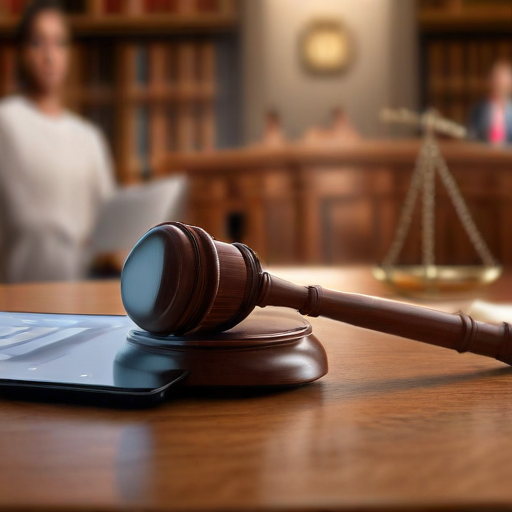A federal appeals court has upheld the constitutionality of a law passed by Congress, requiring the Chinese parent company of TikTok to either sell the platform or face a ban in the United States. The ruling, delivered by a three-judge panel of the D.C. Circuit Court of Appeals, maintains the bipartisan legislation signed by President Joe Biden in April, citing concerns over the potential misuse of user data by the Chinese Communist Party.
The law was contested by TikTok, its parent company ByteDance, and some individual users, who argued that it violated their First Amendment rights. However, the court ruled that the necessity to safeguard American citizens from the threats posed by foreign adversaries justified the law’s implementation. Senior Judge Douglas H. Ginsburg stated that the law was aimed at protecting free speech in the U.S. from foreign interference, rather than restricting it.
While TikTok has the option to appeal the decision to the full D.C. Circuit or the U.S. Supreme Court, concerns about free speech remain paramount among critics. One attorney representing users, Jacob Huebert, indicated that the precedent set by this ruling could endanger free speech rights across other social media platforms in the future.
Supporters of the law celebrated this decision, asserting it as a safeguard for national security against the exploitation of social media by foreign powers. They are optimistic about a potential sale of TikTok to an American entity, which would allow the app to continue operating within U.S. borders under new ownership.
In summary, the ongoing discourse surrounding TikTok reflects a larger conversation about national security, data privacy, and the protection of civil liberties in the digital age. As the legal battle progresses, the outcome may shape the future landscape of social media operations and user rights in the United States.
This situation underscores the importance of balancing national security interests with individual rights, a complex issue that will continue to evolve as technology and governance intersect.
